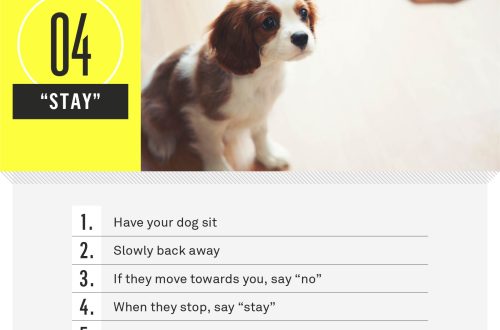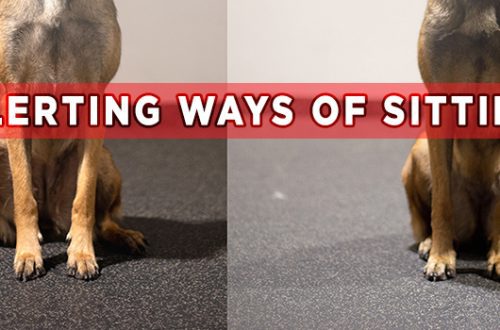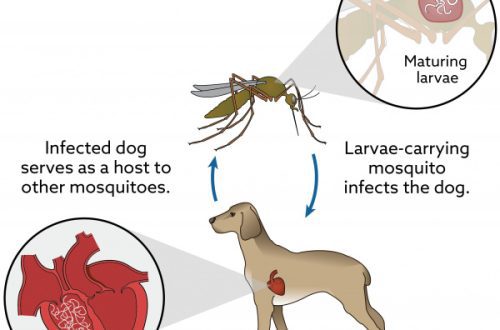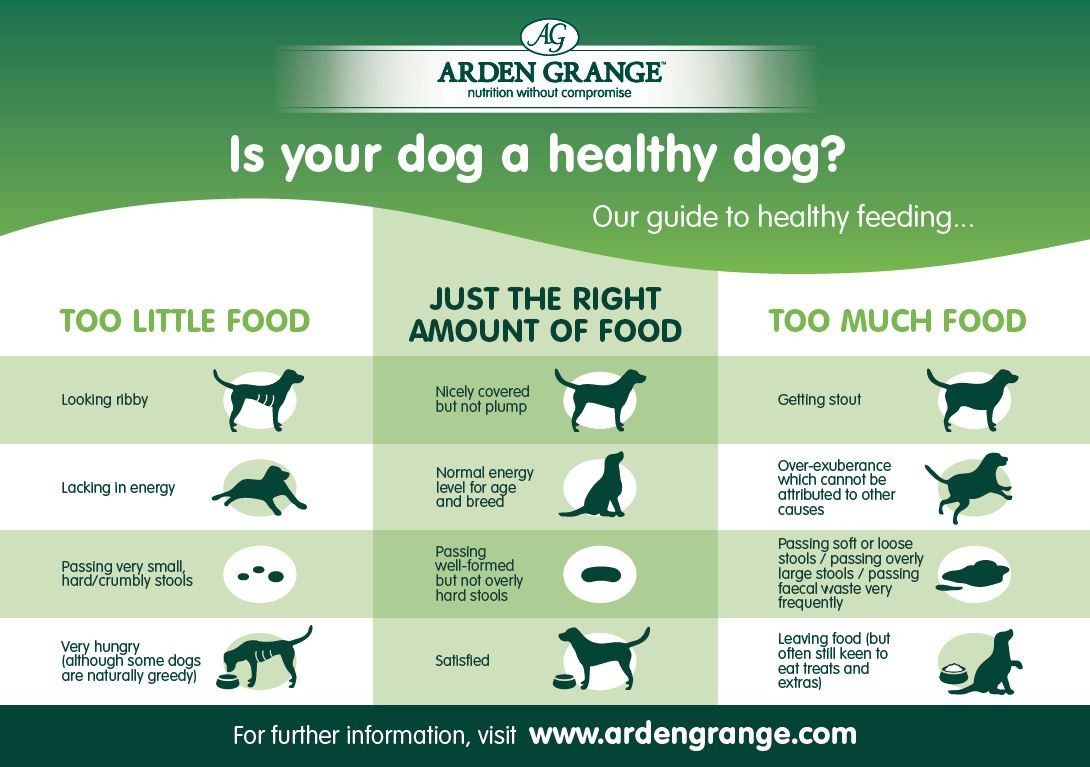
Si varet sjellja e qenit nga ushqimi?
The relationship between dog feeding and behavior is a subject that is being actively studied by scientists around the world. So far, many aspects have not been fully studied, but there are already some conclusions that make it possible to understand How does feeding your dog affect his behavior?.
Foto: www.pxhere.com
For some time now, dogs, unlike cats, have not been classified as strictly carnivorous creatures – this mishngrënës. And since the dog is a descendant of the wolf, scientists analyzed 50 diets of wolves from different parts of the Earth.
According to these results, the diet of wolves consists not only of meat, but also of grass, berries, nuts, and fruits. American wolves even found corn in their diet! At the same time, wolves eat the scar, but do not eat the plant contents of the scar of their prey. But they first of all eat the insides: the liver, kidneys, spleen and heart. And plant foods take up a fairly large proportion of the wolf diet.
Dogs are no longer wolves, and the diet of dogs is still different from the wolf: Dogs consume less protein, but more carbohydrates, because in the process of domestication, they acquired the mechanisms that allow them to absorb carbohydrates. (Bosch et al., 2015)
The behavior of the dog is affected by the quantity and quality of food, as well as how the feeding goes.
Dogs behave differently when it comes to food. For example, there is such a thing as mbrojtjen e burimeve, extending to food, when the dog aggressively protects what it eats, including from the owners. Anna Lineva at the Pet’s Behavior 2018 conference presented interesting research data that showed that the severity of this behavior depends both on the individual characteristics of the dog and on the food. Thus, dogs were more aggressive in defending treats, food from the table or bones, less aggressive in protecting their own bowl of food, and most of them did not care about the bowl of water.
Incidentally, it turned out that dogs that are fed “secondarily” are more likely to show aggression, protecting the food they consider their own, and begging more often. Therefore, the advice of “experienced cynologists who raised 28 Alabaevs” to build a hierarchy in the family due to the fact that the dog eats last often leads to problems than to positive results.
shumë qen lypurand people, sometimes unwittingly, reinforce this behavior even though they complain about it. If your dog’s begging has become a problem for you, the only way to solve it is to ignore all (absolutely all, no exceptions!) attempts by the dog to get the desired treat from you in addition to the main feeding. It’s also a good idea to convince your pet that you’re interesting for more than just a food source. And keep in mind that the habit of begging will fade away slowly. So slow. So if you held on for a month, and then you still treated the dog, you can forget about all previous efforts and start over.
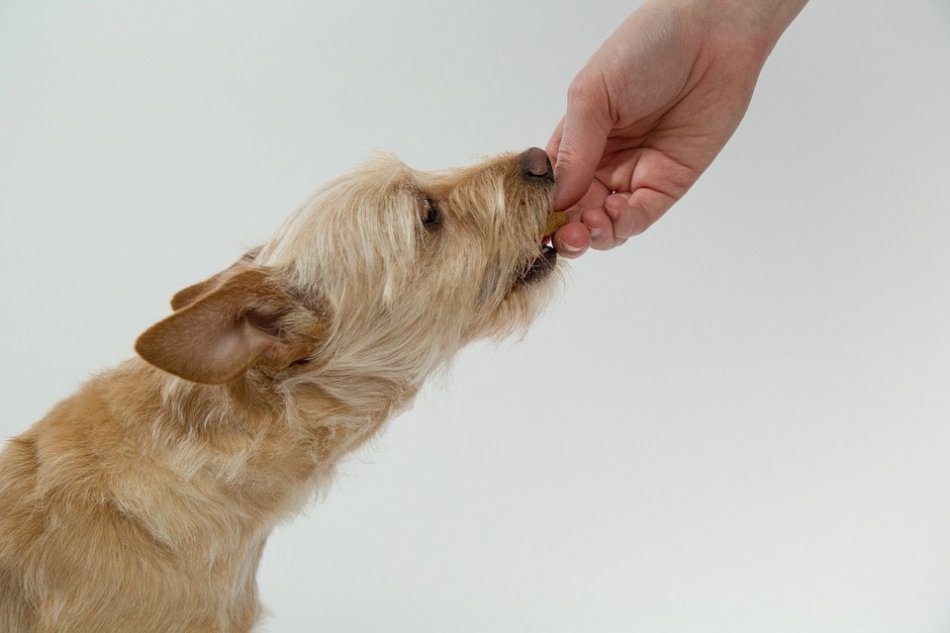



Foto: maxpixel.net
There is such a problem of dog behavior as picacism – eating inedible objects. This is dangerous and can cause illness, and even death of the pet. The reason for this behavior is still not entirely clear. There are hypotheses that this may be due to diseases of the gastrointestinal tract, some are inclined to believe that this is a manifestation of chronic stress in the dog. And since the cause is not entirely clear, then treatment attempts in many cases do not give results. But still, something can be done. Firstly, to provide the dog with at least minimal comfort, and secondly, to remove all potentially dangerous objects so that the dog does not have access to them.
The behavior of dogs is affected serotonin level. The synthesis of serotonin in the body of a dog is associated with the presence of vitamin B6, magnesium, folic and nicotinic acids. Increasing serotonin levels (for example, by adding its precursor, tryptophan) can help manage territorial aggression, fears, or depression in a dog. A lack of serotonin, on the contrary, can cause depression.




Foto: www.pxhere.com
Tryptophan is found in dairy products, eggs, lamb, chicken. There are also special feed additives containing tryptophan.
Veterinarians are trying to develop diets to improve your dog’s behavior.
Kështu, kur stress, fears (including panics), aggression or depression it is recommended to reduce the amount of protein and increase the level of tryptophan (for example, put lamb meat in the basis of the diet), as well as increase the amount of carbohydrates (but not at the expense of corn, since it is low in tryptophan).
Nëse qeni hyperactive, it is recommended to reduce the amount of protein and add corn to the diet (it contains an enzyme that reduces the synthesis of catecholamines).
Dhe për flegmatik, slightly inhibited dogs, an increase in tyrosine and arginine can be recommended (in this case, it is better to choose beef from all types of meat).





